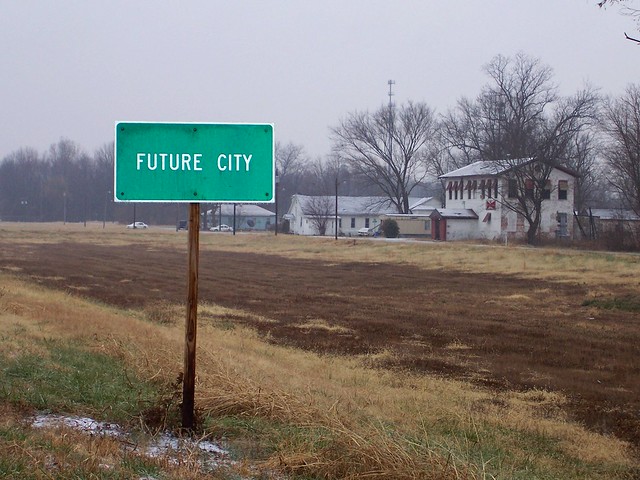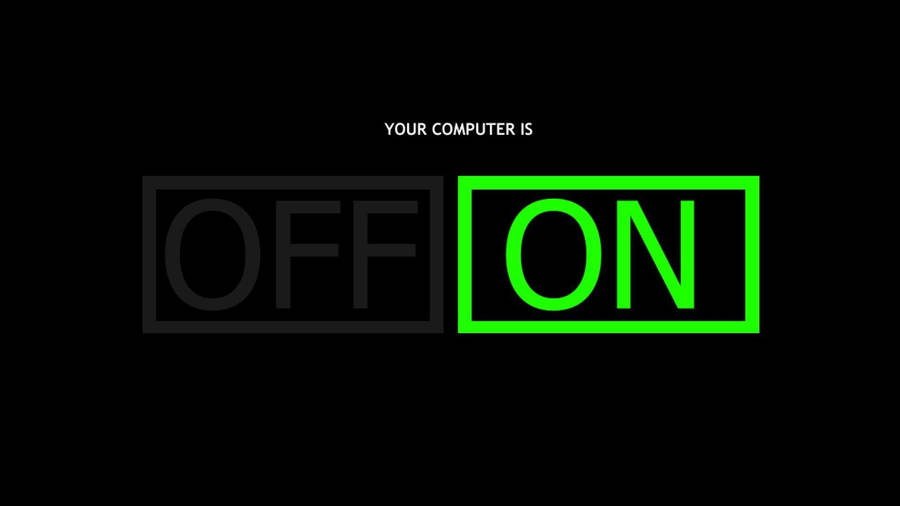Claudia with some useful notes on Symposium 11 (I was unable to attend as I was in Canberra with 400 other young people meeting with 100 MPs to discuss ending extreme poverty). Claudia found it a little difficult to stay tuned in for the whole lecture (don’t worry, Claudia. I think that’s basically the motto of Network Media for most students). She had some great notes about the idea of design thinking though. This is something I was first introduced to in my politics class Organisations, Politics & Economies. We learned that 21st century organisations must use design thinking, dynamism, and affective forethought in order to make themselves future-focused.
Professor Nigel Thrift suggests that organisations are less focused on singular products but more on the ideas and innovation behind trends that create the terrain for their products. For example, Nike are not just manufacturers of footwear and apparel, they innovate and design trends. Their motto is “to bring inspiration and innovation to every athlete in the world”, qualifying that “if you have a body, you are an athlete” (NikeInc.com, 2014). I am excited to see how much more prominent this kind of design thinking becomes, because I think it provides some great affordances for modern consumerism.
George writes about the 80/20 rule we saw in the Barabási reading. He also mentions the 90-0-1 principle, as cited by Jacob Neilsen in 2006. This idea suggests that there is a participation inequality on the Internet with only 1% of people creating content, 9% editing or modifying content, and 90% viewing content without actively contributing. I wonder how those figures have changed since 2006 and what they would look like in 2014.
Jessica writes about the database discussion from week 11’s symposium, focusing on the relationship between databases and narrative (which I agree there is none of – databases are not stories). I’m still trying to understand how blogs are a database though – I kind of wish I was there in the symposium to hear Adrian explain that one!


